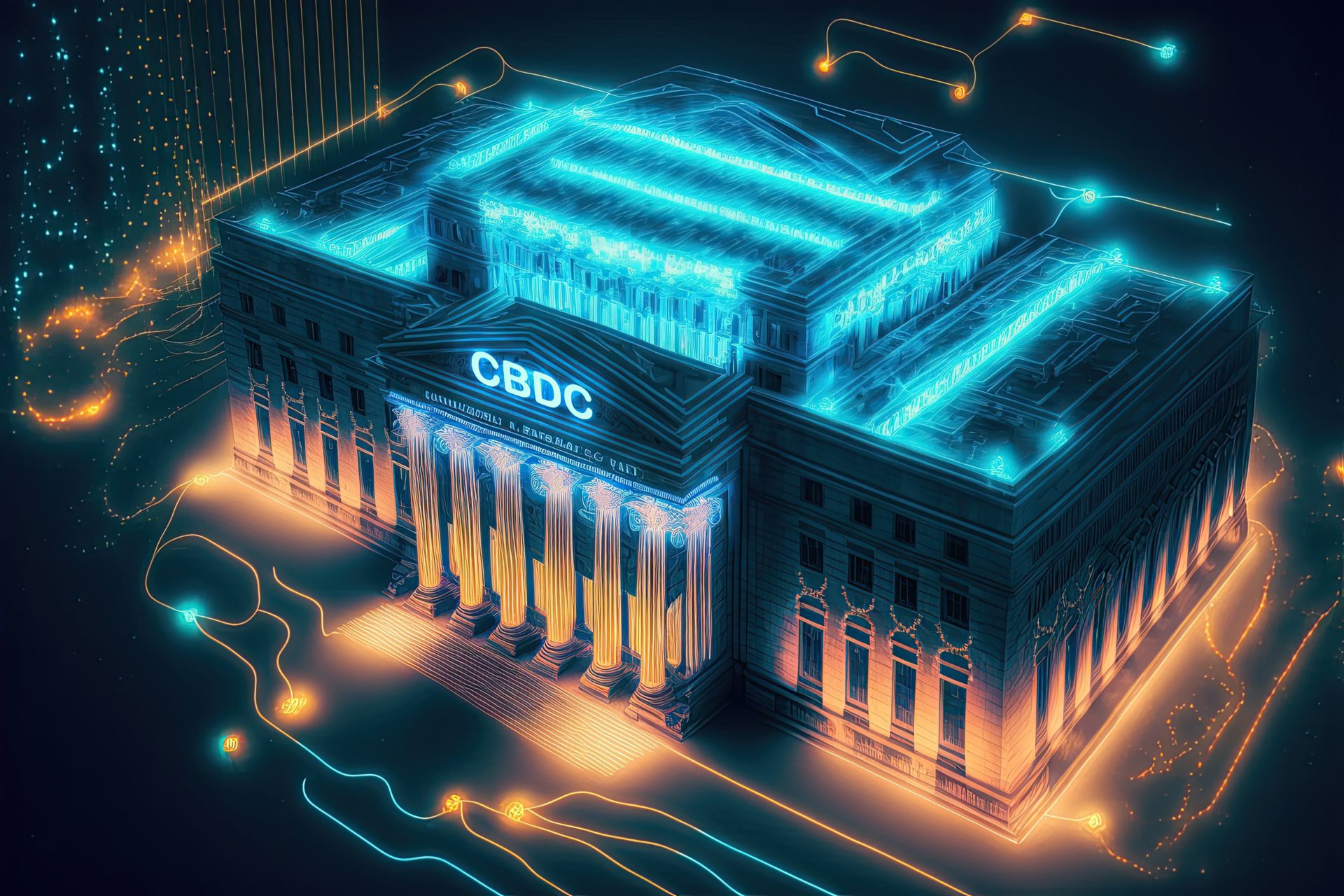Ron DeSantis, Governor of Florida and candidate for President of the United States, has reiterated that he does not want a CBDC. He is against the idea of a “digital dollar” in the US. He also said that these digital currencies will be banned if he is elected president.
No CBDC USA
At the Family Leadership Summit on July 14, Ron DeSantis made a clear promise. If he becomes president, he will ban CBDCs in the US on day one. He said this at a rally in Iowa.
If I were president, we would abolish central bank digital currencies on day one. Done. This will not happen in this country
– Ron DeSantis
DeSantis is an outspoken opponent of the digital dollar in the US. In May, he signed a bill in Florida application As cash from federal CBDCs. He wants to ban the use of foreign CBDCs. DeSantis believes that these types of currencies ensure less power for ordinary people and more power for central banks.
More and more CBDC initiatives
A central bank digital currency, commonly known as CBDC, is essentially a digital variant of a traditional fiat currency issued by a central bank. However, a CBDC brings the benefits of digital assets, which is a hot topic.
Nevertheless, this new type of currency is viewed with skepticism by some, especially in the crypto community. Critics strongly argue that CBDCs threaten citizens’ privacy and could pave the way for extensive government control. On the other hand, it is seen by some as a powerful tool to promote the adoption of digital currencies and realize a global application for blockchain technology.
Significant increase
The past year has seen a significant increase in the number of CBDC projects. Research on this technology is currently underway in more than 100 countries. Additionally, at least 39 of these countries have CBDC pilot, proof-of-concept or other related initiatives in the pipeline or already underway.
The US Federal Reserve is reportedly in no rush to introduce a digital dollar. However, after next year’s elections, this policy may change. This is because more and more candidates are bringing up crypto-related topics in their primary campaigns.
For example, Robert F. Kennedy Jr. has been actively promoting Bitcoin since May as part of his campaign for the Democratic presidential nomination. He recently revealed that he has invested up to $250,000 in Bitcoin, which shows that the cryptocurrency is gaining more attention in the political arena.
Conclusion
The emergence and potential implementation of central bank digital currencies (CBDCs) is a divisive topic. While CBDC projects and research are on the rise worldwide, with 39 countries already running pilot projects or similar initiatives, there is strong opposition to the digital dollar in the United States.
In particular, Florida governor and presidential candidate Ron DeSantis has taken a firm stance against the introduction of CBDCs, promising to ban them if elected president. Meanwhile, Robert F. Other political figures, such as Kennedy Jr., continue to bring the discussion of digital currencies and blockchain technology into the political arena. It is clear that the future of CBDCs in the US is uncertain and depends heavily on the outcome of the upcoming election.
Free 20 euro worth of crypto
Are you looking to enter the crypto world and buy Bitcoin? We have good news for you! Thanks to a special agreement between Newsbit and Bitvavo, one of the most accessible and user-friendly crypto exchanges in Europe, our readers get an exclusive offer.
If you register with Bitvavo via the button below, you will receive 20 euros for free, but you will not pay any trading fees for your first 10,000 euros in transactions.

“Passionate analyst. Thinker. Devoted twitter evangelist. Wannabe music specialist.”







More Stories
Cooperation between the US and China ensures more stable corporate finance – FM.nl
New US peace proposal for Gaza war ‘may be too smart for either side to say no’
Bitcoin weathers bankruptcy storm in US